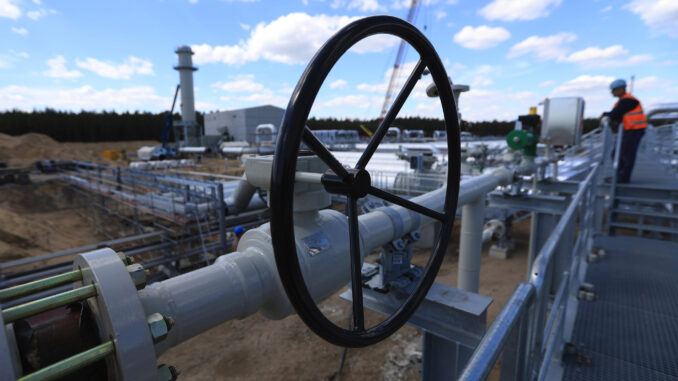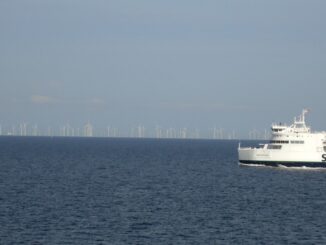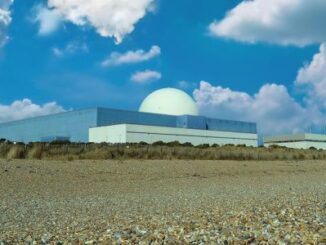
-
Germany says the use of nuclear power is creating waste problems
-
Gas is only seen as a temporary solution in the green energy transition
Germany said it opposes the European Commission’s proposal to classify nuclear power as a sustainable energy source while supporting a temporary green label for natural gas on a path to climate neutrality.
In a letter sent by the federal government to Brussels late Friday, Germany also called on the European Union’s executive arm to change the approval procedure for the bloc’s rulebook on sustainable investment to give member states and the EU Parliament a bigger say.
The Commission awaited comments from EU nations until Jan. 21 on a draft regulation detailing the role of atomic power and gas in the so-called taxonomy.
“The longer nuclear power plants run, the bigger the nuclear waste problem becomes,” Germany said in the letter, which was posted on the Economy Ministry’s website on Saturday. “In the view of the German government, nuclear energy is not sustainable.”
Gas can’t be regarded as a sustainable source of energy in the long term, the government wrote, but rather as a bridge solution to speed up the transition to green energy.
“Gas-fired power plants can facilitate the rapid transition to renewable energies and the reduction of emissions in the energy sector as a whole, complement rather than displace renewables,” it said.
Europe faces mounting opposition to its proposed addition of gas and nuclear power to its green rulebook. The EU Commission says conditional inclusion of those energy sources is necessary to wean some countries off coal and ease the transition to clean energy.
Germany called on the EU to decide about taxonomy criteria for nuclear and gas in a procedure that enables a broader political discussion. It would like the proposal to undergo public consultations and then be approved in the ordinary legislative procedure, where majority support from national governments and the EU Parliament is needed for a law to enter into force.
The currently used method is a delegated act, where the EU Commission drafts a proposal and a reinforced majority of countries is needed to block it, with no possibility of making amendments.
Source: Bloomberg



